[Anchor]
The Japanese government is facing deep concerns due to President Trump's blatant pressure.
With the House of Councillors election approaching this month, it is difficult for Japan to accept U.S. demands such as expanding rice imports.
Tokyo, special correspondent Hwang Jin-woo.
[Report]
The Japanese government has reiterated that serious and sincere negotiations are ongoing in response to President Trump's repeated pressures.
[Aoki Kazuhiko/Deputy Chief Cabinet Secretary: "From our perspective, we intend to continue negotiations vigorously to achieve agreements that benefit both the U.S. and Japan."]
Japan views the mention of reciprocal tariffs of 30% and 35% as President Trump’s signature brinkmanship tactic, but is still contemplating a response.
The U.S. remains firm on Japan's long-sought demand for a reduction in automobile tariffs, and it is difficult for Japan to use the expansion of rice imports as a bargaining chip.
With the House of Councillors election on July 20, the ruling Liberal Democratic Party must be mindful of the farmers' votes.
Prime Minister Ishiba emphasized Japan's interests repeatedly.
[Ishiba Shigeru/Prime Minister of Japan: "The fundamental way to reduce the U.S. trade deficit with Japan is through investment rather than tariffs. We will continue to protect our national interests."]
Politically, any agreement that could provoke farmer voters carries a much heavier burden than failing to achieve results in tariff negotiations.
Meanwhile, Japanese automobile companies have begun to shift the burden of automobile tariffs to the U.S. market by raising new car prices starting this month.
The Japanese tariff negotiation team is scheduled to visit Washington again this weekend for discussions with the U.S. side.
This is Hwang Jin-woo from KBS News in Tokyo.
The Japanese government is facing deep concerns due to President Trump's blatant pressure.
With the House of Councillors election approaching this month, it is difficult for Japan to accept U.S. demands such as expanding rice imports.
Tokyo, special correspondent Hwang Jin-woo.
[Report]
The Japanese government has reiterated that serious and sincere negotiations are ongoing in response to President Trump's repeated pressures.
[Aoki Kazuhiko/Deputy Chief Cabinet Secretary: "From our perspective, we intend to continue negotiations vigorously to achieve agreements that benefit both the U.S. and Japan."]
Japan views the mention of reciprocal tariffs of 30% and 35% as President Trump’s signature brinkmanship tactic, but is still contemplating a response.
The U.S. remains firm on Japan's long-sought demand for a reduction in automobile tariffs, and it is difficult for Japan to use the expansion of rice imports as a bargaining chip.
With the House of Councillors election on July 20, the ruling Liberal Democratic Party must be mindful of the farmers' votes.
Prime Minister Ishiba emphasized Japan's interests repeatedly.
[Ishiba Shigeru/Prime Minister of Japan: "The fundamental way to reduce the U.S. trade deficit with Japan is through investment rather than tariffs. We will continue to protect our national interests."]
Politically, any agreement that could provoke farmer voters carries a much heavier burden than failing to achieve results in tariff negotiations.
Meanwhile, Japanese automobile companies have begun to shift the burden of automobile tariffs to the U.S. market by raising new car prices starting this month.
The Japanese tariff negotiation team is scheduled to visit Washington again this weekend for discussions with the U.S. side.
This is Hwang Jin-woo from KBS News in Tokyo.
■ 제보하기
▷ 카카오톡 : 'KBS제보' 검색, 채널 추가
▷ 전화 : 02-781-1234, 4444
▷ 이메일 : kbs1234@kbs.co.kr
▷ 유튜브, 네이버, 카카오에서도 KBS뉴스를 구독해주세요!
- Japan weighs Trump tariff pressure
-
- 입력 2025-07-02 23:52:10
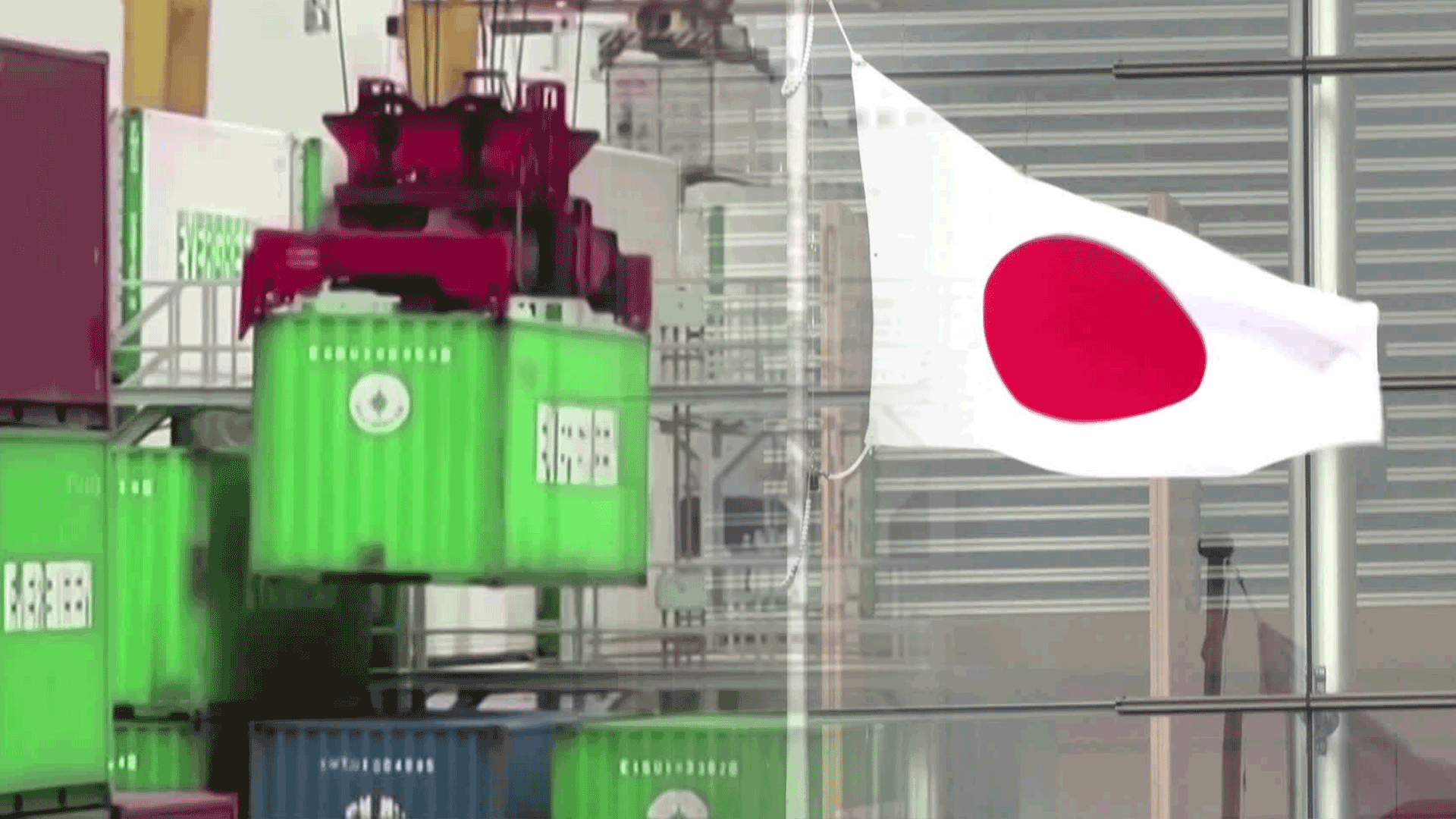
[Anchor]
The Japanese government is facing deep concerns due to President Trump's blatant pressure.
With the House of Councillors election approaching this month, it is difficult for Japan to accept U.S. demands such as expanding rice imports.
Tokyo, special correspondent Hwang Jin-woo.
[Report]
The Japanese government has reiterated that serious and sincere negotiations are ongoing in response to President Trump's repeated pressures.
[Aoki Kazuhiko/Deputy Chief Cabinet Secretary: "From our perspective, we intend to continue negotiations vigorously to achieve agreements that benefit both the U.S. and Japan."]
Japan views the mention of reciprocal tariffs of 30% and 35% as President Trump’s signature brinkmanship tactic, but is still contemplating a response.
The U.S. remains firm on Japan's long-sought demand for a reduction in automobile tariffs, and it is difficult for Japan to use the expansion of rice imports as a bargaining chip.
With the House of Councillors election on July 20, the ruling Liberal Democratic Party must be mindful of the farmers' votes.
Prime Minister Ishiba emphasized Japan's interests repeatedly.
[Ishiba Shigeru/Prime Minister of Japan: "The fundamental way to reduce the U.S. trade deficit with Japan is through investment rather than tariffs. We will continue to protect our national interests."]
Politically, any agreement that could provoke farmer voters carries a much heavier burden than failing to achieve results in tariff negotiations.
Meanwhile, Japanese automobile companies have begun to shift the burden of automobile tariffs to the U.S. market by raising new car prices starting this month.
The Japanese tariff negotiation team is scheduled to visit Washington again this weekend for discussions with the U.S. side.
This is Hwang Jin-woo from KBS News in Tokyo.
The Japanese government is facing deep concerns due to President Trump's blatant pressure.
With the House of Councillors election approaching this month, it is difficult for Japan to accept U.S. demands such as expanding rice imports.
Tokyo, special correspondent Hwang Jin-woo.
[Report]
The Japanese government has reiterated that serious and sincere negotiations are ongoing in response to President Trump's repeated pressures.
[Aoki Kazuhiko/Deputy Chief Cabinet Secretary: "From our perspective, we intend to continue negotiations vigorously to achieve agreements that benefit both the U.S. and Japan."]
Japan views the mention of reciprocal tariffs of 30% and 35% as President Trump’s signature brinkmanship tactic, but is still contemplating a response.
The U.S. remains firm on Japan's long-sought demand for a reduction in automobile tariffs, and it is difficult for Japan to use the expansion of rice imports as a bargaining chip.
With the House of Councillors election on July 20, the ruling Liberal Democratic Party must be mindful of the farmers' votes.
Prime Minister Ishiba emphasized Japan's interests repeatedly.
[Ishiba Shigeru/Prime Minister of Japan: "The fundamental way to reduce the U.S. trade deficit with Japan is through investment rather than tariffs. We will continue to protect our national interests."]
Politically, any agreement that could provoke farmer voters carries a much heavier burden than failing to achieve results in tariff negotiations.
Meanwhile, Japanese automobile companies have begun to shift the burden of automobile tariffs to the U.S. market by raising new car prices starting this month.
The Japanese tariff negotiation team is scheduled to visit Washington again this weekend for discussions with the U.S. side.
This is Hwang Jin-woo from KBS News in Tokyo.
-
-
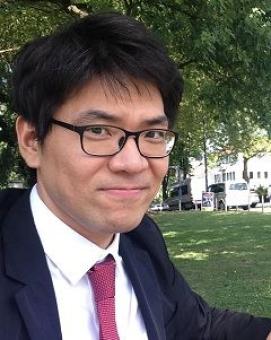
황진우 기자 simon@kbs.co.kr
황진우 기자의 기사 모음
-
이 기사가 좋으셨다면
-
좋아요
0
-
응원해요
0
-
후속 원해요
0










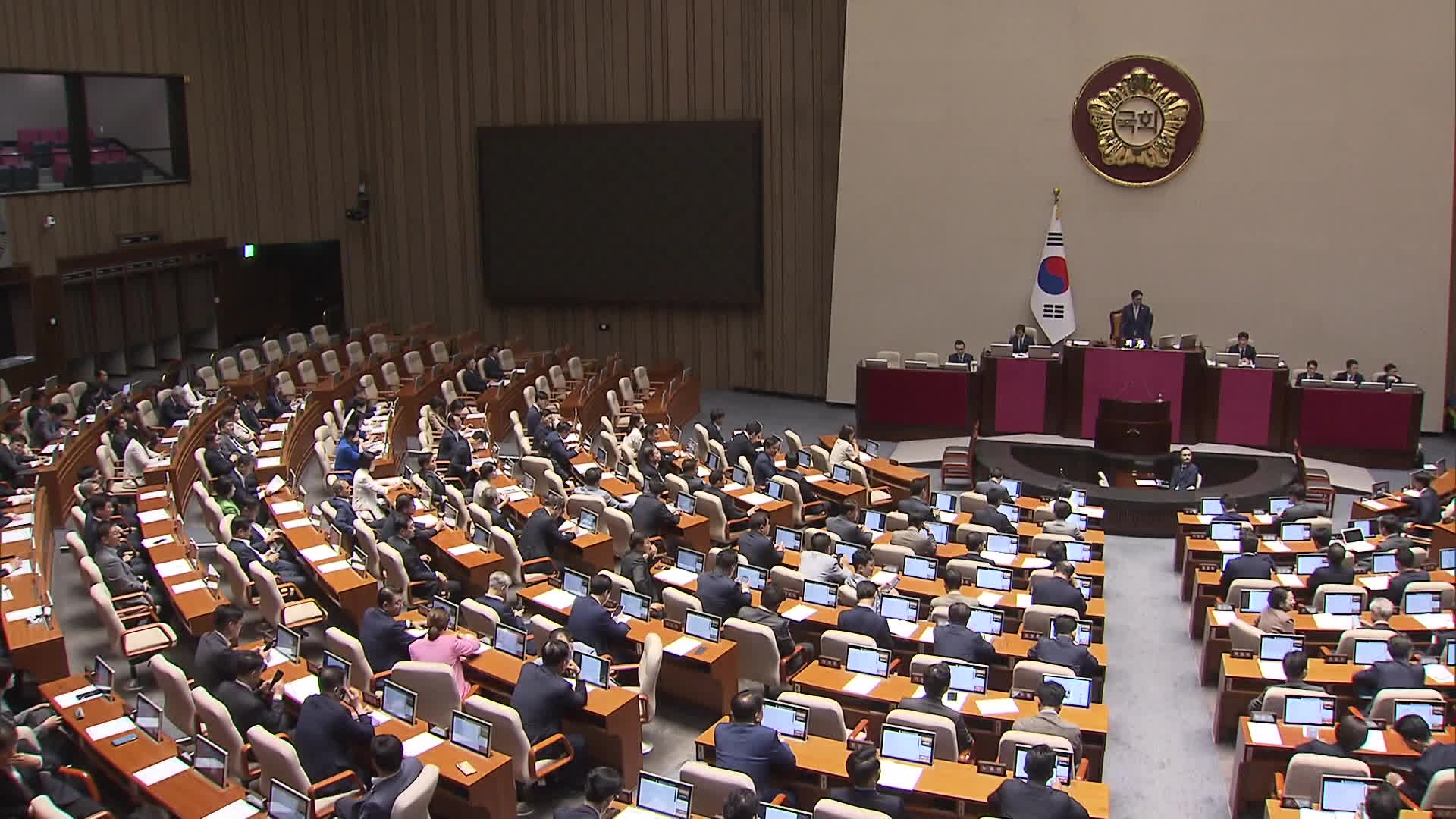
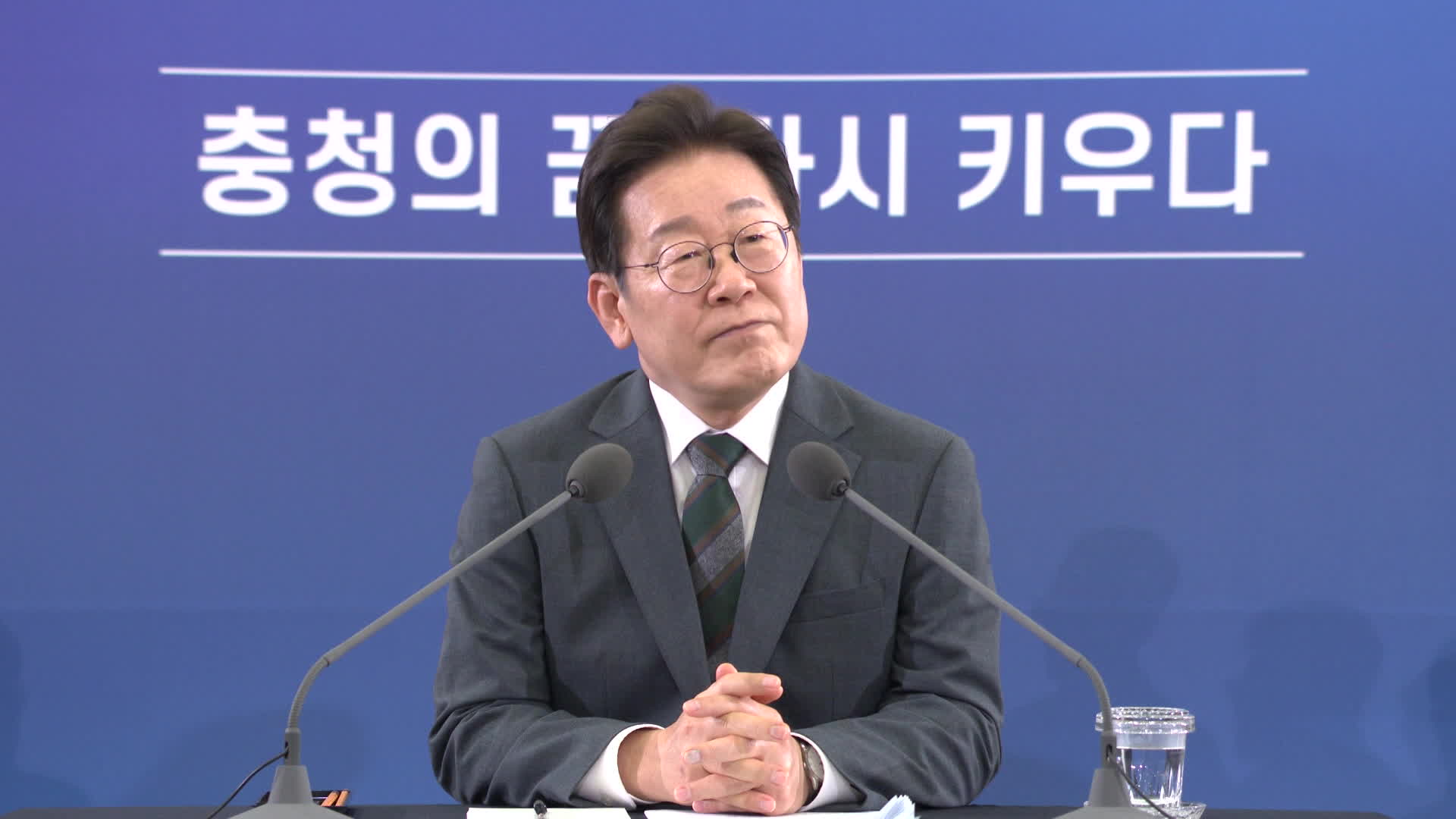
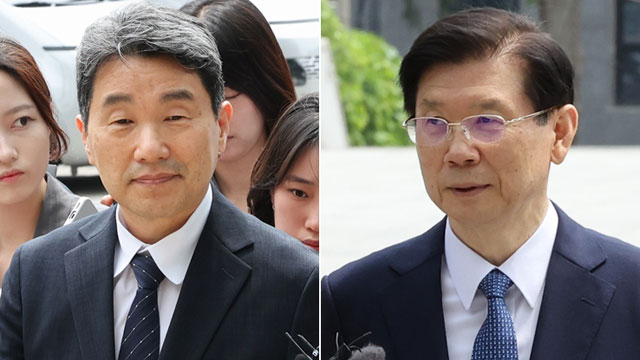
![[속보] 수도권 제1순환고속도로 소래터널서 차량 화재…“인근 통제 중”](/data/layer/904/2025/07/20250704_cu8wRc.jpg)

이 기사에 대한 의견을 남겨주세요.